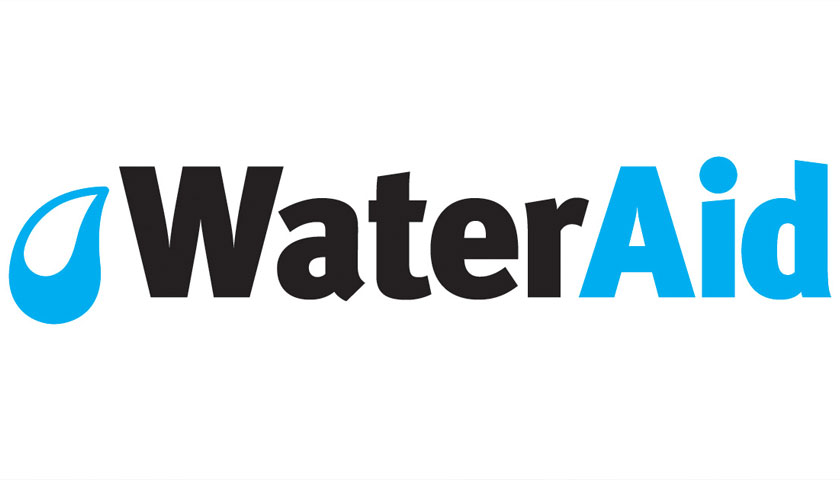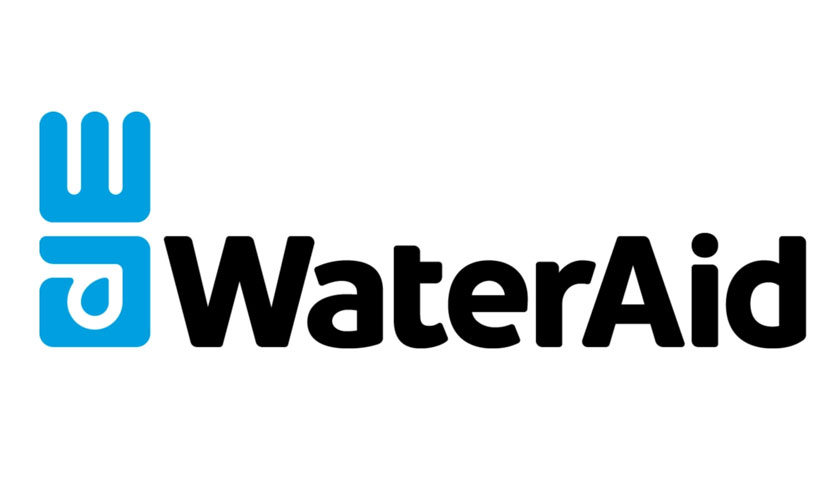More than half of menstruating women (55%) in the UK have experienced increased challenges managing their periods under lockdown while one in seven (14%) have felt more anxious than normal about their periods, according to a new survey by WaterAid.
Ahead of Menstrual Hygiene Day (28 May), the international charity asked 755 British women aged 18 to 55 how the nationwide-lockdown has affected their ability to manage menstruation. The survey revealed difficulties around access and affordability, which reflect a worrying global problem, with the pandemic disrupting the production and distribution of sanitary materials and closing some sanitation facilities.
WaterAid is working for a world where every woman has the information, period products, clean water and good sanitation to be able to manage their periods hygienically and with dignity. The British public can support this work through the charity’s Fempowered subscription box, where women in the UK can get natural, eco-friendly plastic-free period products delivered to your home that support WaterAid’s work to transform the lives of women and girls around the world.
One in six British women (16%) were not always able to buy the type of sanitary products they wanted during lockdown due to stock shortage, and one in eight (12%) have felt anxious going to shops to get essentials like sanitary products.
To prepare for any supply issues, one in seven women nationally (15%) stockpiled sanitary materials at the start of the lockdown, increasing to one in four (25%) in London, where one in five (19%) also had to visit multiple shops to buy products.
One in 13 women nationally (8%) have found it harder to afford sanitary products during lockdown, and one in 16 (6%) have had to use makeshift materials like toilet roll to manage their periods, rising to one in seven (15%) in London.
As lockdown measures in the UK slowly lift, more than one in six (14%) women worry about going outside while on their periods with the closure of public toilets.
Globally, one in four women and girls do not have access to a decent toilet, depriving them of their human right to sanitation, and a private space to manage their periods hygienically and with dignity. During the pandemic, some shared or public toilets have closed or not been disinfected regularly, resulting in safety risks for those who rely on these facilities, while less availability of water coupled with increased household needs for hand hygiene means less for menstrual needs.
In a rapid response survey conducted by the Menstrual Health Alliance among 67 NGOs that manufacture or distribute sanitary products across India and some African nations, 62% reported increased challenges for women to access period products, with one fifth (22%) saying people had been unable to access materials altogether.
Of 44 small and medium scale manufacturers of sanitary materials, only 25% were operating fully, and 29 organisations are either planning or have started producing face masks, which while much needed, have diverted resources away from sanitary pad production.
Thérèse Mahon, Regional South Asia Manager at WaterAid and Co-coordinator for the Global Menstrual Collective, said:
“Periods don’t stop in a pandemic and making sure that you have enough period products to see you through lockdown has been an additional source of stress for many women in the UK.
“But many women in the countries where WaterAid work do not have clean water or a toilet at home, making managing periods during a lockdown, when families are remaining inside the home together, much more difficult. Additionally, community-based services to supply period products and information to tackle menstrual stigma have been disrupted.
“WaterAid is calling for this world-changing moment to mark a turning point in which the importance of everyone having clean water, decent sanitation and good hygiene is finally fully recognised as essential for health and gender equality and made a reality.”
In response to the Covid-19 crisis, WaterAid is distributing hygiene kits that include period pads and soap in Pakistan, South Africa, and Madagascar.
The charity is also ensuring communities receive important information around how to manage periods hygienically, while dispelling taboos around menstruation. In Rwanda, teenage students have written and performed in radio dramas that are being broadcast on community radio station Radio Ishingiro, reaching up to four million people.
Subscribe to Fempowered to support WaterAid’s work with women and girls around the world manage their periods safely and with dignity: www.fempowered.me.
When signing up to Fempowered, people can choose from a selection of Kind Organic tampons, period pads, and liners. All products are made from certified 100% organic cotton and are also certified slavery-free. All profits from Fempowered go towards WaterAid’s work in helping vulnerable women and girls prepare for and manage their periods through the provision of toilets, clean water, and menstrual hygiene education programmes.

